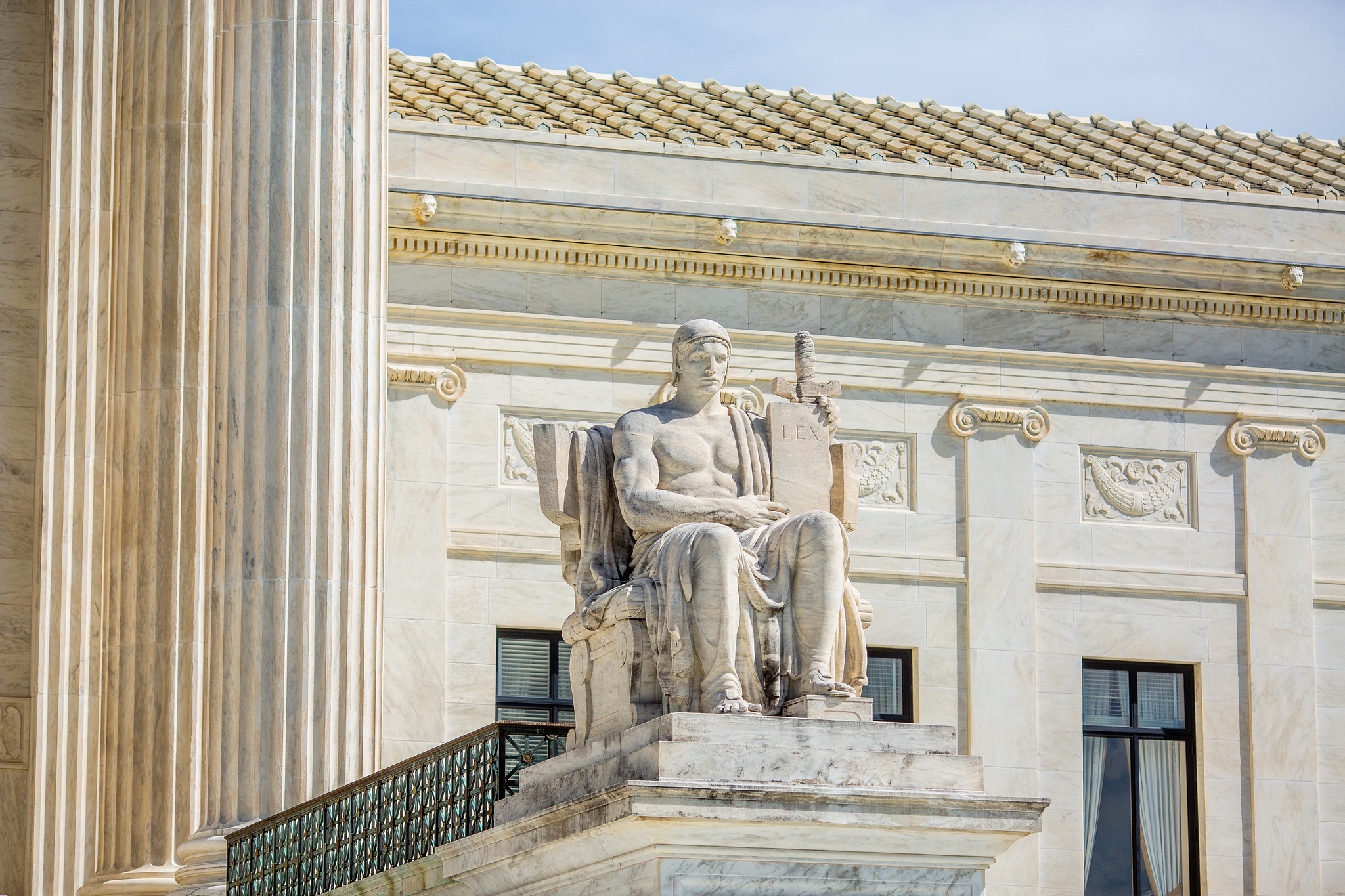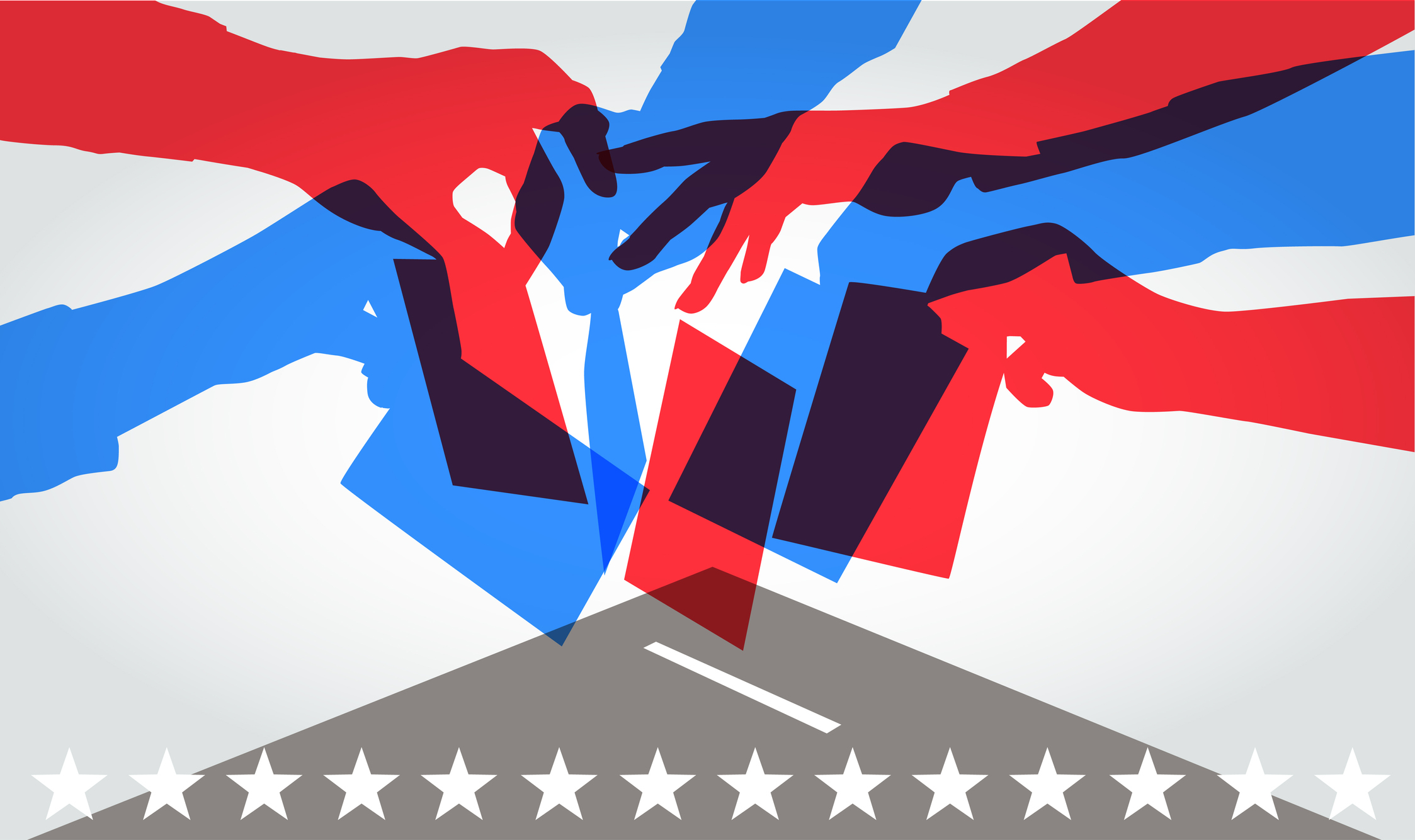OPINION ANALYSIS
on Jun 28, 2024
at 12:37 pm

The court ruled in Loper Bright Enterprises v. Raimondo and Relentless, Inc. v. Department of Commerce on Friday. (Thomas Hawk via Flickr)
In a major ruling, the Supreme Court on Friday cut back sharply on the power of federal agencies to interpret the laws they administer and ruled that courts should rely on their own interpretion of ambiguous laws. The decision will likely have far-reaching effects across the country, from environmental regulation to healthcare costs.
By a vote of 6-3, the justices overruled their landmark 1984 decision in Chevron v. Natural Resources Defense Council, which gave rise to the doctrine known as the Chevron doctrine. Under that doctrine, if Congress has not directly addressed the question at the center of a dispute, a court was required to uphold the agency’s interpretation of the statute as long as it was reasonable. But in a 35-page ruling by Chief Justice John Roberts, the justices rejected that doctrine, calling it “fundamentally misguided.”
Justice Elena Kagan dissented, in an opinion joined by Justices Sonia Sotomayor and Ketanji Brown Jackson. Kagan predicted that Friday’s ruling “will cause a massive shock to the legal system.”
When the Supreme Court first issued its decision in the Chevron case more than 40 years ago, the decision was not necessarily regarded as a particularly consequential one. But in the years since then, it became one of the most important rulings on federal administrative law, cited by federal courts more than 18,000 times.
Although the Chevron decision – which upheld the Reagan-era Environmental Protection Agency’s interpretation of the Clean Air Act that eased regulation of emissions – was generally hailed by conservatives at the time, the ruling eventually became a target for those seeking to curtail the administrative state, who argued that courts, rather than federal agencies, should say what the law means. The justices had rebuffed earlier requests (including by one of the same lawyers who argued one of the cases here) to consider overruling Chevron before they agreed last year to take up a pair of challenges to a rule issued by the National Marine Fisheries Service. The agency had required the herring industry to pay for the costs, estimated at $710 per day, associated with carrying observers on board their vessels to collect data about their catches and monitor for overfishing.
The agency stopped the monitoring in 2023 because of a lack of funding. While the program was in effect, the agency reimbursed fishermen for the costs of the observers.
After two federal courts of appeals rebuffed challenges to the rules, two sets of commercial fishing companies came to the Supreme Court, asking the justices to weigh in.
The justices took up their appeals, agreeing to address only the Chevron question in Relentless v. Department of Commerce and Loper Bright Enterprises v. Raimondo. (Justice Ketanji Brown Jackson dissented in the Relentless case but was recused from the Loper-Bright case, presumably because she had heard oral argument in the case while she was still a judge on the U.S. Court of Appeals for the District of Columbia Circuit.)
Chevron deference, Roberts explained in his opinion for the court on Friday, is inconsistent with the Administrative Procedure Act, a federal law that sets out the procedures that federal agencies must follow as well as instructions for courts to review actions by those agencies. The APA, Roberts noted, directs courts to “decide legal questions by applying their own judgment” and therefore “makes clear that agency interpretations of statutes — like agency interpretations of the Constitution — are not entitled to deference. Under the APA,” Roberts concluded, “it thus remains the responsibility of the court to decide whether the law means what the agency says.”
Roberts rejected any suggestion that agencies, rather than courts, are better suited to determine what ambiguities in a federal law might mean. Even when those ambiguities involve technical or scientific questions that fall within an agency’s area of expertise, Roberts emphasized, “Congress expects courts to handle technical statutory questions” – and courts also have the benefit of briefing from the parties and “friends of the court.”
Moreover, Roberts observed, even if courts should not defer to an agency’s interpretation of an ambiguous statute that it administers, it can consider that interpretation when it falls within the agency’s purview, a doctrine known as Skidmore deference.
Kagan, who read a summary of her dissent from the bench, was sharply critical of the decision to overrule the Chevron doctrine. Congress often enacts regulatory laws that contain ambiguities and gaps, she observed, which agencies must then interpet. The question, as she framed it, is “[w]ho decides which of the possible readings” of those laws should prevail?
For 40 years, she stressed, the answer to that question has generally been “the agency’s,” with good reason: Agencies are more likely to have the technical and scientific expertise to make such decisions. By overruling the Chevron doctrine, she concluded, the court has created a “jolt to the legal system.”
But more broadly, Kagan rebuked her colleagues in the majority for what she characterized as a judicial power grab. She lamented that, by overruling Chevron, the court had, in “one fell swoop,” given “itself exclusive power over every open issue — no matter how expertise-driven or policy-laden — involving the meaning of regulatory law.”
Roman Martinez, who argued the case on behalf of one of the fishing companies, applauded the decision. “By ending Chevron deference,” he said in a statement, “the Court has taken a major step to preserve the separation of powers and shut down unlawful agency overreach. Going forward, judges will be charged with interpreting the law faithfully, impartially, and independently, without deference to the government. This is a win for individual liberty and the Constitution,”
But Kym Meyer, the litigation director for the Southern Environmental Law Center, decried the ruling in a statement. “[T]he Supreme Court today says individual judges around the country should decide the best reading of a statute. That is a recipe for chaos, as hundreds of federal judges — who lack the expertise of agency personnel — are certain to reach inconsistent results on the meaning of federal laws as applied to complex, technical issues.”
Friday’s ruling came in one of three cases during the 2023-24 term seeking to curtail the power of federal agencies – a conservative effort sometimes dubbed the “war on the administrative state.” In October, the court heard arguments in a challenge to the constitutionality of the mechanism used to fund the consumer watchdog Consumer Financial Protection Bureau. Last month the court upheld the CFPB’s funding by a 7-2 vote. And on Thursday, the justices pared back the power of the Securities and Exchange Commission and other administrative agencies, holding that the SEC cannot continue to use in-house proceedings to impose fines in securities fraud cases.
The fishermen in both cases were represented at no cost by conservative legal groups, the Cause of Action Institute and the New Civil Liberties Alliance, linked to funding from billionaire and longtime anti-regulation advocate Charles Koch.
This article was originally published at Howe on the Court.
#Supreme #Court #strikes #Chevron #curtailing #power #federal #agencies










